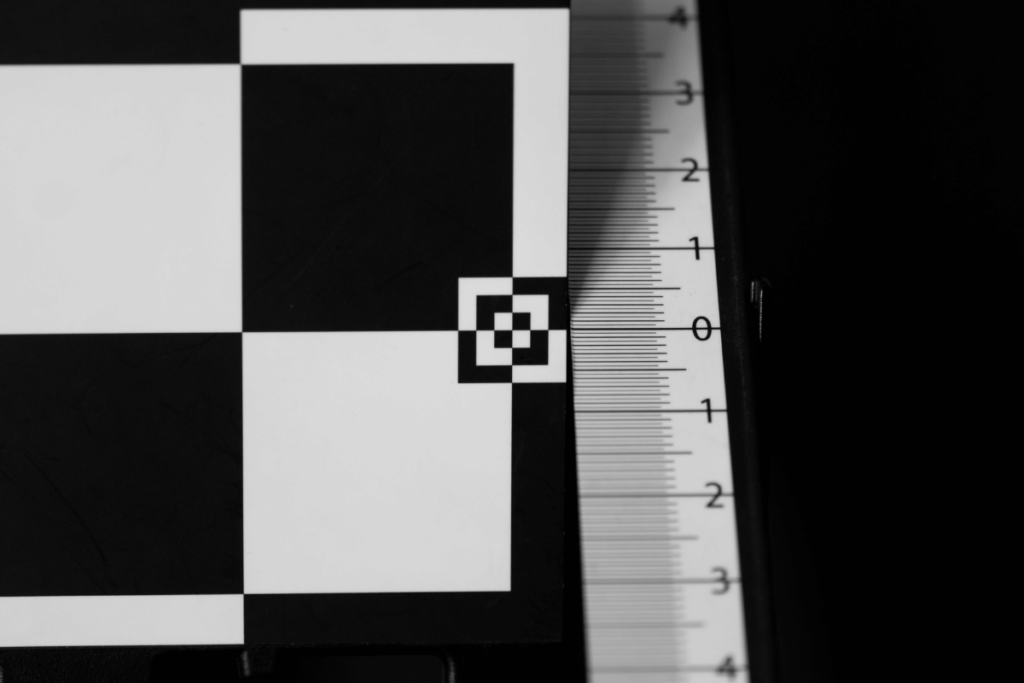
As technology evolves, so does camera design. Mirrorless cameras have a different autofocus system. It uses the image sensor directly. This could change the game for lens calibration.
So, here’s the burning question: Do mirrorless cameras need lens calibration? Surprisingly, the answer is mostly no, but with a few exceptions and caveats. It’s not as straightforward as you might think. Understanding the nuances can make a big difference in your photography.
Why DSLR Cameras Need Lens Calibration
Ever wondered why your DSLR might be giving you those slightly off, not-quite-right photos? It’s probably whispering (or maybe yelling), “Calibrate me, please!” Let’s dive into why your trusty DSLR demands that bit of TLC.
The Focus Mechanics
Your DSLR camera uses a separate autofocus chip to determine where it should focus. It’s like having a little assistant inside your camera making decisions. But sometimes, this assistant gets a bit confused, leading to miscommunication between your lens and the camera sensor.
Think of it as playing a game of telephone; what starts out as “elephant” might end up as “elevator.” Due to this potential for error, calibration becomes crucial to ensure both the camera and lens are speaking the same language.
The Troublesome Twins: Front and Back-Focusing
Have you ever taken a photo thinking everything was perfectly in focus, only to find out that what you wanted sharp is blurry? Enter front and back-focusing issues—the troublesome twins of photography. Here’s what they look like:
- Front-Focusing: Your camera focuses slightly before the intended subject.
- Back-Focusing: Your camera focuses just a tad after your target.
Both can turn a potentially great photo into a “what happened here?” moment.
Calibration to the Rescue
Lens calibration adjusts the focus point closer or farther from the camera body, fixing our front and back-focusing woes. It’s like giving your camera glasses for the first time, and suddenly everything becomes crisp and clear. You can perform this fine-tuning using various tools, including:
- Focus charts
- Rulers
- Specialized software
These methods help align your camera’s autofocus with the lens, ensuring that what you see is what you get.
Tools and Tricks
Getting into the nitty-gritty, calibration might sound like a high-tech operation, but it’s quite accessible. You can choose DIY methods with printed focus charts and rulers. Or, you can choose software that guides you through the process. In both cases, the goal is the same: achieving picture-perfect focus.
Why Mirrorless Cameras Don’t Need Lens Calibration
The Tech Behind The Magic
So, you’re wondering, “do mirrorless cameras need lens calibration?” Well, let’s dive into the nuts and bolts of why they don’t. Unlike their DSLR cousins, mirrorless cameras have a bit of tech wizardry up their sleeve: they use the same sensor for both capturing images and focusing. This might not sound like a big deal at first blush, but it’s actually a game-changer.
This one-sensor show means there’s no miscommunication between the lens and the sensor because, well, they’re essentially one and the same. Imagine trying to whisper a secret across a noisy room versus just thinking to yourself – that’s the difference in communication clarity we’re talking about here.
Error? What Error?
The dual role of the mirrorless camera’s sensor does more than just simplify the internal structure – it eliminates the possibility of front or back focusing errors. These are the kinds of errors that lead DSLR users to sigh deeply, wondering why their photos aren’t sharp where they should be.
Mirrorless cameras, with their all-in-one approach, simply don’t have this issue. The autofocus system is incredibly direct, which means what you see is what you get. And what you get is crisp, clear, focused images, every time.
Quick and Accurate AF
“But what about autofocus speed and accuracy?” I hear you ask. Fear not! Mirrorless cameras excel in this arena. Thanks to advancements in technology, they can offer fast and accurate autofocus without the need for any extra calibration. Some models boast autofocus speeds that are nothing short of astonishing, with the best in the business snapping to focus in mere milliseconds.
This quickness doesn’t come at the expense of precision. Contrast detection and phase detection autofocus systems work in harmony to ensure your shots are not only fast but also pin-sharp. It’s like having the best of both worlds, without needing to fiddle with any extra settings or calibration tools.
So there you have it. Mirrorless cameras manage to sidestep the whole calibration hullabaloo, delivering spot-on focus straight out of the box. And that means more time shooting and less time tinkering, ensuring you capture those perfect moments without a hitch.
Exceptions and Caveats for Mirrorless Cameras
While we’ve established that mirrorless cameras generally boast precision straight out of the box, they’re not entirely immune to focusing woes. Like any piece of technology, they’ve got their quirks, especially when you start throwing adapted lenses into the mix. Let’s dive into when and why you might still need to consider lens calibration for your trusty mirrorless.
Adapted Lenses: A Double-Edged Sword
Sure, the allure of using your vintage glass or that DSLR lens on a mirrorless body is strong, but it comes with its own set of challenges. Adapting lenses from different systems or brands might introduce focusing inaccuracies. These aren’t flaws in the camera per se but stem from the fact that the lens wasn’t originally designed for your camera’s system.
Here’s the scoop—lens calibration can still be your best friend in these cases. Using the classic toolkit: focus charts, rulers, or specialized software, you can fine-tune the focusing to achieve that crispy sharpness we all crave.
Weighing the Pros and Cons
Calibrating your mirrorless camera, especially with adapted lenses, isn’t all sunshine and rainbows. Here’s a quick rundown:
- Pros:
- Improved sharpness and accuracy, which is a godsend for pixel-peepers.
- Enhanced compatibility with a broader range of lenses, opening up creative possibilities.
- Consistent performance, because nobody likes their favorite lens to be off its game.
- Cons:
- It’s a bit of a time sink. You’ll need to set aside an afternoon, a good playlist, and maybe some snacks.
- Costs can add up if specialized equipment or software is needed.
- Complexity varies; some processes are straightforward, while others might have you questioning your life choices.
While mirrorless cameras often sidestep the calibration dance, exceptions lie in the murky waters of adapted lenses. Remember, the goal is always to get those perfect shots. So, if you’re finding your adapted lens setup a tad off, a bit of calibration might just be the trick to getting back on track.
Conclusion
So there you have it! While your mirrorless camera might perform brilliantly right out of the box adapting lenses from other systems could mean you’re not getting the absolute best from your gear. Calibrating your lenses might seem like an extra step but it’s worth considering for that peak performance especially if you’re mixing and matching different brands.
Frequently Asked Questions
Do mirrorless cameras require lens calibration?
Most mirrorless cameras are designed to provide precise focus without the need for calibration. However, when using adapted lenses from different systems, calibration may be necessary to ensure optimal focusing accuracy and sharpness.
What are the benefits of calibrating a mirrorless camera’s lens?
Calibrating a lens can improve the compatibility of mirrorless cameras with a wide range of lenses, including those from different brands or systems. It also ensures consistent performance and peak image sharpness by correcting focusing inaccuracies.
Are there any downsides to calibrating mirrorless camera lenses?
The primary downsides include the time and monetary investment required. Calibration can be a meticulous process that might necessitate professional assistance, adding to the cost.
How do you know if your mirrorless camera needs lens calibration?
Signs that your mirrorless camera may benefit from lens calibration include consistent focusing issues or a noticeable lack of sharpness when using adapted lenses, despite proper shooting technique and settings.
Can calibration improve the performance of all types of lenses on mirrorless cameras?
While calibration can significantly enhance the focusing accuracy of adapted lenses, the exact improvement may vary based on the lens type and its compatibility with the camera body. Native lenses typically require less to no calibration.

